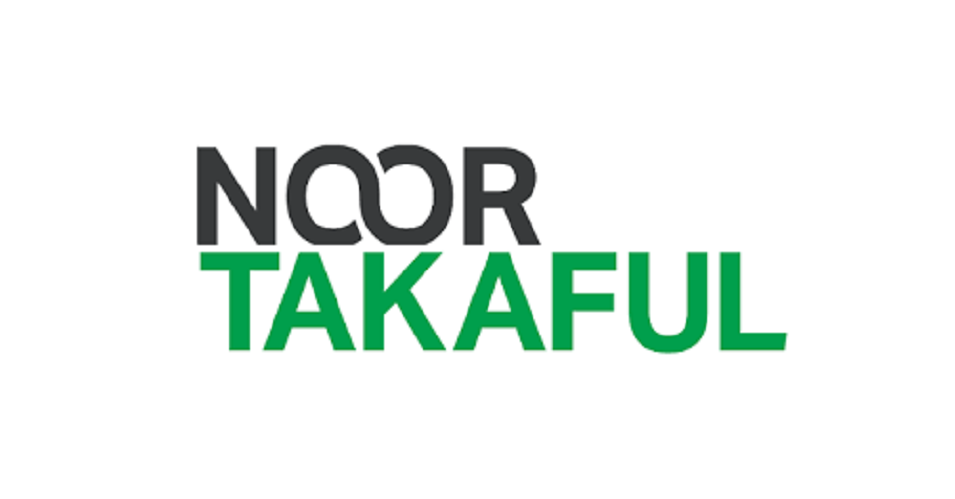Material misrepresentation in life insurance can be the one thing that stops your family from getting the financial support you planned for them. Imagine paying premiums for years, only for your provider to deny the claim when it’s needed most. This happens, and it’s often because of small, avoidable mistakes made during the application.
This guide will explain exactly what material misrepresentation is, using simple Nigerian examples. You will learn how it can affect your life insurance policy, why it happens, and the simple steps to ensure your policy is secure and pays out without any issues.
What Is Material Misrepresentation in Life Insurance?
Material misrepresentation in life insurance occurs when a policyholder provides false or inaccurate information that significantly influences the policy decision.
It must meet two conditions:
- Material to the risk – The information is important enough to affect the insurer’s assessment (e.g., undisclosed health conditions, smoking, dangerous hobbies, or high-risk occupation).
- Changed the insurer’s decision – The false information would have caused the insurance company to charge higher premiums, change policy terms, or deny coverage entirely.
Material misrepresentation is a lie or omission that concerns an important or substantive matter. It happens when the policyholder fails to disclose or intentionally hides sensitive information during the application. This is the primary reason life insurance companies deny claims in Nigeria—even after years of premium payments.
What is a Material Fact in Insurance?
A material fact is any information that could influence an insurer’s decision-making process when assessing your application. It’s a relevant and important fact that can form the basis of deciding whether to offer you coverage, and it’s any piece of information that would influence the judgment of a prudent insurer.
More simply, a material fact is an important fact about you or your circumstances—a key piece of information or detail that could significantly influence the terms and conditions of your policy. Material facts help determine the coverage amount and the premium cost. This includes relevant information that affects risk, such as your health history, lifestyle habits, occupation, age, and existing insurance policies.
Key examples include:
- Health History: Undisclosed medical conditions like hypertension, diabetes, or a past heart attack.
- Lifestyle Habits: Smoking, heavy alcohol consumption, or engaging in high-risk hobbies like professional racing.
- Occupation: Not disclosing that your job involves significant risk (e.g., working on an oil rig versus an office job in Abuja).
- Age: Providing an incorrect date of birth to get a cheaper premium.
- Other Insurance Policies: Failing to mention existing life insurance policies with other companies.
Think of it this way: if a Lagos-based applicant who smokes a pack of cigarettes daily tells their insurer they are a non-smoker, that is a material misrepresentation. The risk of insuring them is much higher than the insurer was led to believed.
Why Does Material Misrepresentation Happen?
It’s not always intentional. Sometimes, it’s a simple mistake. But whether it’s an accident or on purpose, the consequences are the same.
Here are the common reasons it occurs:
- Innocent Mistake: Genuinely forgetting a past medical procedure or misunderstanding a question on the application form.
- Fear of Higher Premiums: Deliberately hiding a health condition to avoid paying more for your insurance. This is the most common reason.
- Fear of Rejection: Lying about a risky hobby or health issue because you are worried the insurer will deny your application.
- Advice from an Agent: An insurance agent might incorrectly advise you to omit certain information to close the sale faster. Remember, you are responsible for the information on your application, not the agent.
What Are the Consequences of Material Misrepresentation in Nigeria?
The consequences can be severe and defeat the entire purpose of getting life insurance. Under Nigerian insurance law, providers have the right to take action if they discover a material misrepresentation.
Here’s what can happen:
- Claim Denial: This is the most serious outcome. If you pass away and the insurer discovers a material misrepresentation during their investigation, they can legally refuse to pay the death benefit to your beneficiaries. Your family gets nothing.
- Policy Cancellation (Rescission): The insurance company can cancel the policy from its start date, as if it never existed. They will typically refund the premiums you paid, but your family is left without any coverage.
- Premium Adjustment: If the misrepresentation is discovered while you are still alive, the insurer might offer to adjust your policy. This usually means you will have to pay higher premiums to match the actual risk.
Nigerian Example:
A man in Port Harcourt applied for life insurance and stated he had no history of heart conditions. He passed away from a heart attack two years later. During the claim investigation, the insurer found medical records showing he was diagnosed with severe hypertension five years before applying. Because this was a material fact that he hid, the insurer denied the claim, and his family’s financial future was put at risk.
How to Avoid Material Misrepresentation on Your Application

Protecting your family’s future starts with honesty and diligence. Here are simple, practical steps to ensure your life insurance policy is secure.
1. Be Completely Honest and Thorough
Tell the truth, the whole truth, and nothing but the truth. Read every question on the application form carefully. If you are unsure about something, ask for clarification. It’s better to disclose too much information than too little.
2. Review Your Medical History
Before you apply, take some time to gather your medical records. Make a list of:
- Past and present health conditions.
- Surgeries you have had.
- Medications you are currently taking.
- Names and addresses of your doctors.
3. Don’t Rely Solely on Your Agent
While a good insurance agent can be helpful, the final responsibility is yours. Double-check the application form for accuracy and completeness before signing it. Ensure every detail you provided has been entered correctly by the agent.
4. Understand the Contestability Period
In Nigeria, most life insurance policies have a “contestability period,” which is usually the first two years of the policy.
- What is the contestability period? It is the period during which the insurance company can investigate your application and easily deny a claim for material misrepresentation.
- After two years, Once the contestability period ends, it becomes much harder for an insurer to deny a claim, unless they can prove the misrepresentation was fraudulent.
However, never assume you are safe after two years. Fraudulent misrepresentation can void a policy at any time. Honesty is always the best approach.
What is the Difference Between Misrepresentation and Fraud?
While related, they are not the same. The key difference is intent.
| Feature | Material Misrepresentation | Insurance Fraud |
| Intent | Can be unintentional (a mistake) or intentional. | Always intentional and involves a deliberate plan to deceive. |
| Example | Forgetting to mention a minor surgery from 10 years ago. | Faking a death to claim the insurance benefit. |
| Consequence | Policy cancellation or claim denial. | Legal action, fines, and potential jail time. |
What Should You Do If You Realize You Made a Mistake?
If you have already submitted your application or your policy is active and you realize you made a mistake or omitted something important, don’t panic.
Contact your insurance provider immediately. Inform them of the error and provide the correct information. They may need to adjust your premium or update your policy, but taking this step ensures your coverage remains valid.
Honesty Secures Your Legacy
Material misrepresentation in life insurance is a serious issue, but it is entirely avoidable. The purpose of life insurance is to provide peace of mind and financial security for your loved ones when you are no longer around. A policy built on inaccurate information is built on a shaky foundation.
By being truthful and thorough in your application, you ensure that the promise you made to your family will be kept.
Suggested Reads:
1. Capital Gains Tax in Nigeria: A Simple Guide to Your Profits (2025)
2. 5 Things Term Life Insurance Does for Nigerians That Savings Cannot
3. Discover the Secret Clause Many Nigerians Miss in Their Term Life Policies









